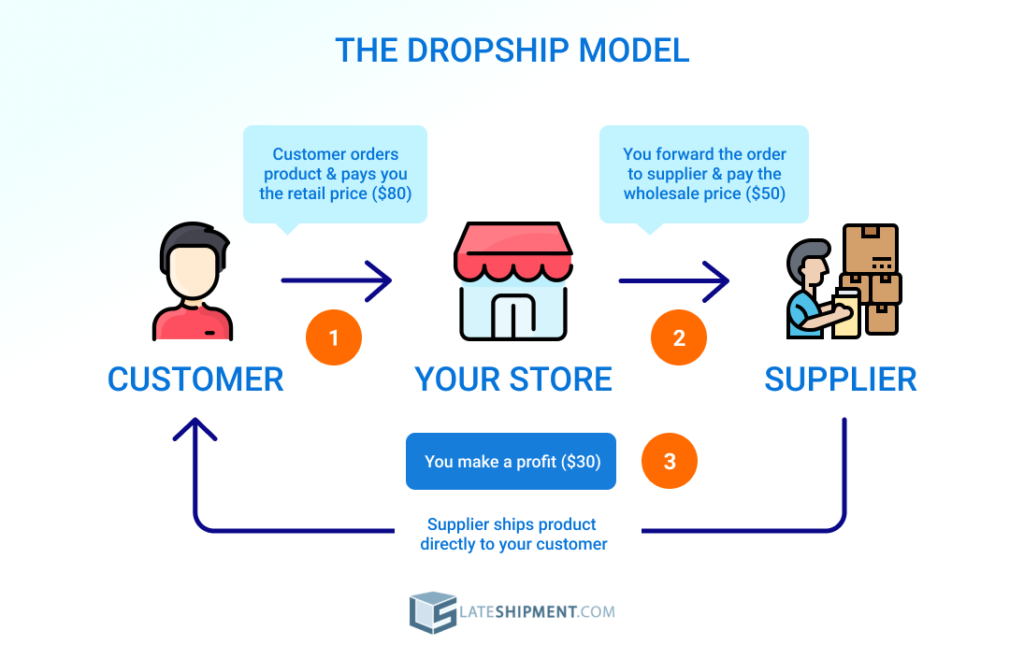Ecommerce, brief for electronic commerce, describes the trading of products and services online.
The increase of ecommerce has actually considerably transformed the retail landscape, unlocking unprecedented chances for both businesses and consumers alike.
An Overview of the Evolution of Online Commerce
The roots of ecommerce can be traced back to the past, with its history covering a number of years:
Ecommerce first emerged in the 1960s and 1970s via electronic funds transfers. Click for more info like the automated teller machine (ATM) and electronic data interchange (EDI) permitted for paperless deals.
In 1979, Michael Aldrich developed the first digital platform for buying items online, allowing consumers to browse and order products, consisting of groceries, from the comfort of their own homes.
It wasn't up until the mid-1990s when the internet ended up being commercialized that ecommerce truly began to take shape. Companies like Amazon and eBay launched online storefronts, paving the method for future ecommerce success stories.
Some Advantages of Ecommerce for Businesses
For companies, moving online and embracing ecommerce provides a wealth of important advantages:

1. Expanded Reach: Connecting with a Wider Audience
A physical retail area just has access to customers in that geographical area. Nevertheless, an ecommerce shop can reach clients around the globe, significantly broadening the total addressable market. Even little companies can cost-effectively access millions of online shoppers.
2. Reduced Expenses in Operations
Operating a brick-and-mortar store features a significant cost, including rent, energies, payroll, and other expenses. In contrast, an online store can substantially lower your month-to-month overhead expenses. In addition, web analytics information can help you enhance your marketing efforts, causing more efficient use of resources.

3. Flexibility and Convenience
An online store is constantly open, which is much more hassle-free for time-strapped customers. Organization owners also take advantage of the versatility of being able to upgrade items, rates and promos quickly. Handling inventory is streamlined also.
Why Customers Love Shopping Online
Naturally, the growth of online commerce is not just advantageous for companies - there are numerous reasons that consumers on the web.
Convenience - You can go shopping anytime, anywhere with an internet connection. No driving to the store or waiting in long checkout lines.
ecommerce website on wordpress examples - Online stores aren't restricted by shelf area. They can offer far more products, sizes, colors and designs.
Price - Online competitors means merchants strongly contend on rates. Window shopping sites make finding deals uncomplicated.
Reviews - Detailed consumer evaluates aid buyers assess items before buying. There's no need to rely on what the salesperson tells you.
The Future Looks Bright for Ecommerce
Over the past twenty years, ecommerce has grown at an impressive rate:
Ecommerce sales represented over 13% of all retail costs worldwide in 2019
The COVID-19 pandemic accelerated adoption even further. Over 2 billion individuals acquired goods or services online in 2020.
Global ecommerce sales are expected to reach $5 trillion by the end of 2022
All signs indicate continued fast development. Technological improvements like same-day shipment, virtual truth display rooms and voice-activated shopping through clever home devices will redefine commerce in the years ahead.
The convenience and cost-savings of online shopping merely can't be matched by brick-and-mortar shops. For both companies and shoppers, accepting ecommerce is a win-win proposal. The future of retail will be online.
